10 Eye-opening Books On American History
One look at the news over the past year reveals that American history can be a contentious one. Some argue that the Founding Fathers founded America to give freedom to all, while others believe that America's foundation is not that clear-cut. This argument can be hard to follow if the last time you've learned about American history was in High School or freshman year of College. The best way to understand this argument is to read more about American history.
The ten books listed here provide a great starting point toward understanding the complexities of American history.
1. Many-Headed Hydra
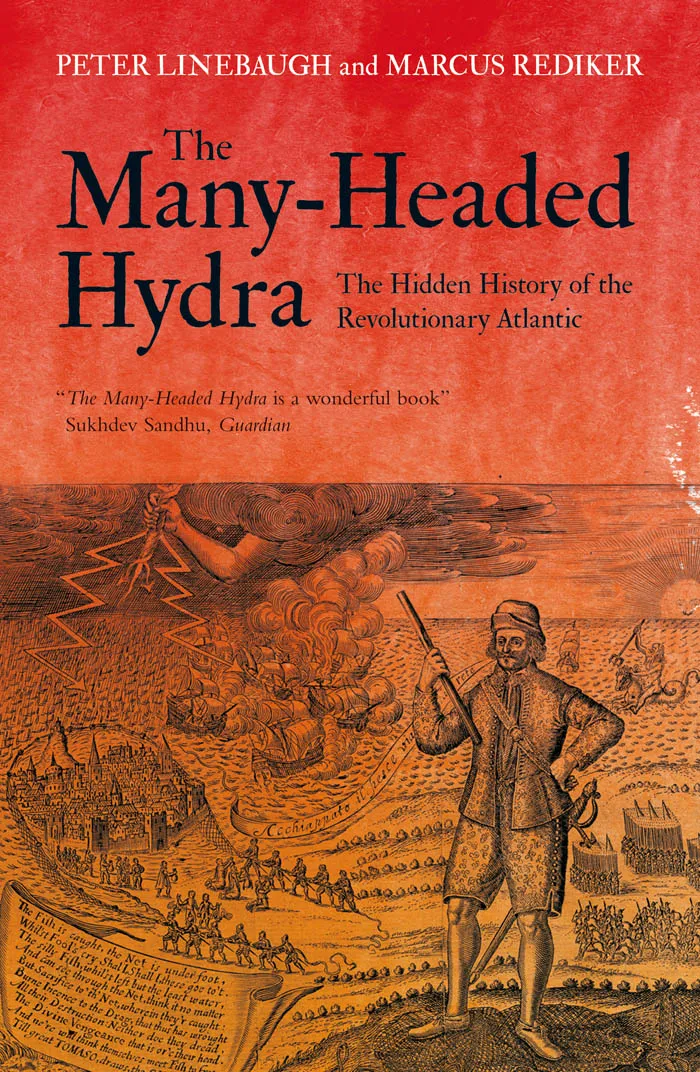
Many-Headed Hydra by Peter Linebaugh and Marcus Rediker looks at Colonial American history in a new way. The book reveals that the American Revolution was not the first time Americans fought for freedom and equality. These Americans were the sailors, slaves, pirates, laborers, market women, and indentured servants who fought for their rights throughout the 17th and 18th centuries.
From the Levellers movement to radical early Abolitionist Robert Wedderburn, Many-Headed Hydra presents an Atlantic world where people attempted to challenge racial and social oppression through revolts and mutinies. The book argues that these forgotten revolutions influence the revolutions of the late 18th and 19th centuries.
2. American Lucifers
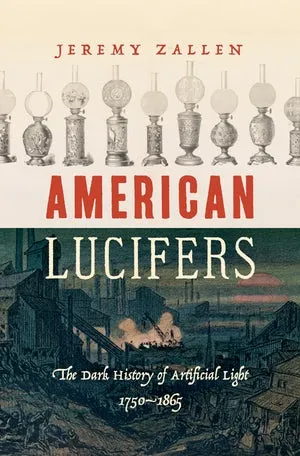
Most people's understanding of the history of lighting is one of progress from candlesticks to lightbulbs. American Lucifers by Jermey Zallen reveals how this mindset is false and hides a violent history within the beginning of the Industrial Age.
American Lucifers examines the intersection between the development of oil-based lighting and the upheavals caused by the Industrial Revolution. Starting with whalers and ending with a Civil War battle over an oil field, Zallen presents a new picture of how improvements in lighting unsettled 19th-century American society rather than improve it.
3. Sexual Revolution in Colonial American
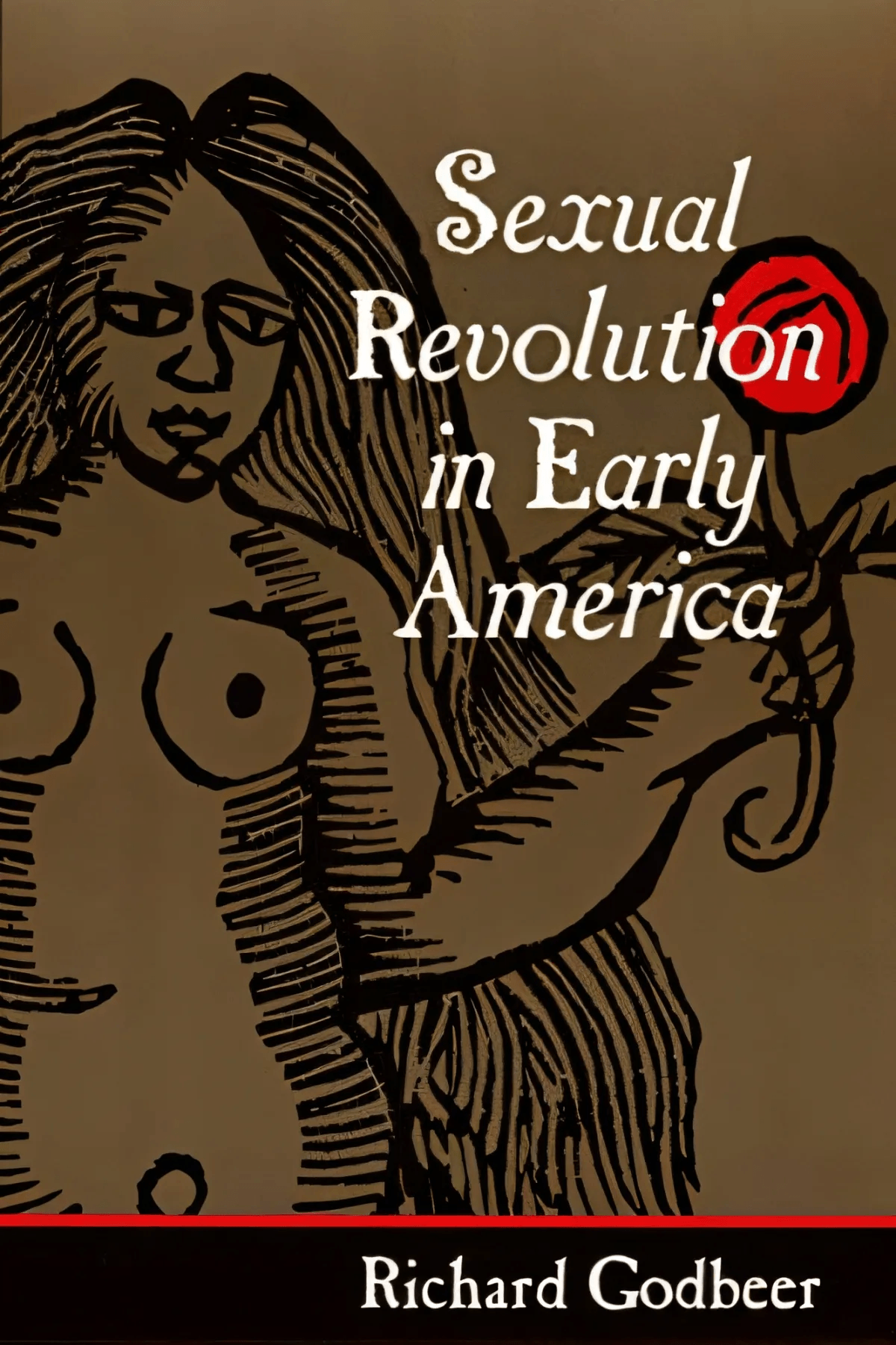
It's a common perception that people in Colonial America were rather prudish on sexual matters. Sexual Revolution in Colonial American by Richard Godbeer seeks to challenge this perception.
Sexual Revolution in Colonial American examines Colonial America's sexual culture through investigating Colonial-era writings on the topic. From 17th-century Puritan preacher's advice for having a healthy marriage to reports of polygamous couples in 18th-century South Carolina, Godbeer argues that colonial America's sexual culture was both diverse and contentious.
4. Ditch of Dreams

What can various attempts to build a massive canal through central Florida reveal about American History? According to historians David Tegeder and Steven Noll, a surprising amount.
Ditch of Dreams examines three different efforts to build a cross-Florida canal in the 1890s, 1930s, and 1960s. The book considers both the groups that promoted this project and those that oppose it. This struggle paints a picture of competing interests and a changing political landscape within 20th century Flordia and the larger United States.
5. Frontier Country
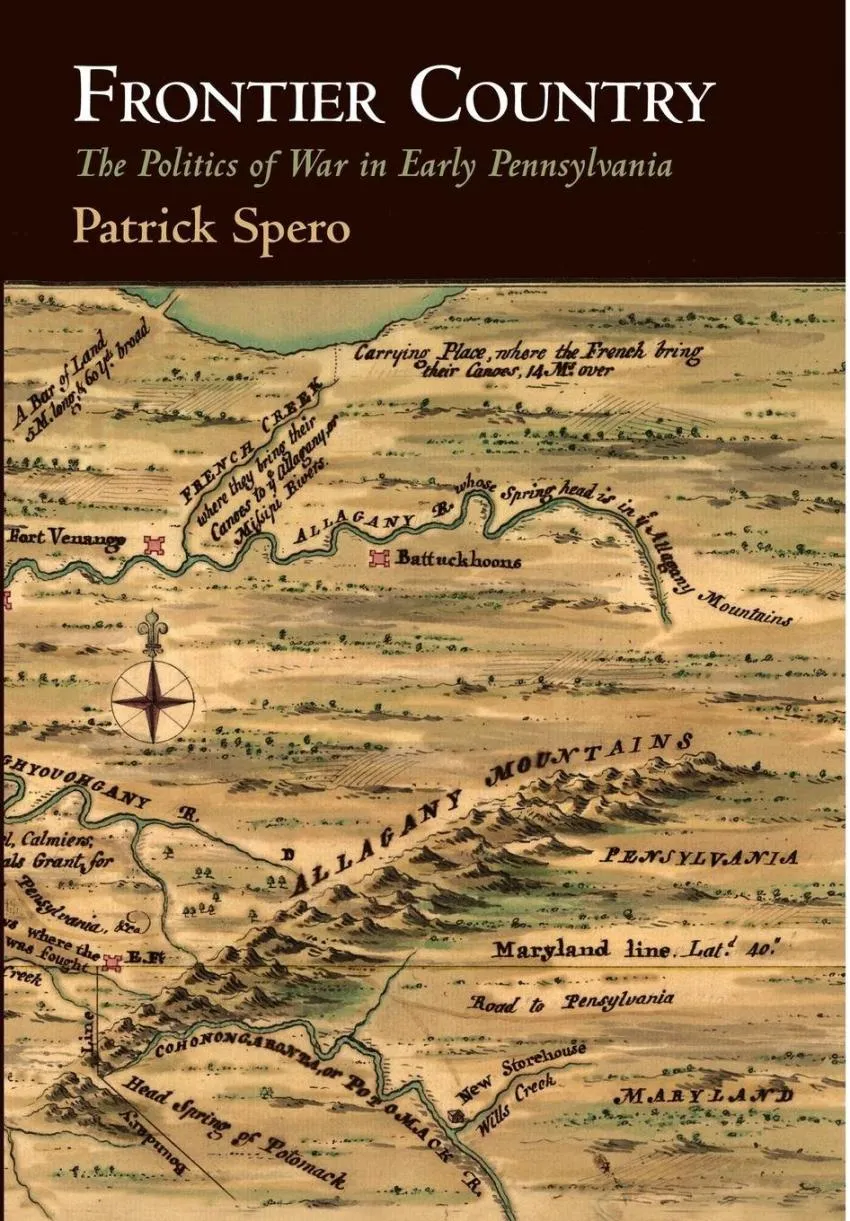
While most people thinking about Colonial America tends to think that the Thirteen Colonies co-existed peacefully with one another, the truth is more intricate than that pre-conception. Frontier Country by Patrick Spero shatters this notion by looking at border disputes in Colonial Pennsylvania.
Frontier Country examines various Pennsylvanian border conflicts from the 1730s to the 1770s. Spero uses these conflicts to explained Pennslyvania's transformation from a pacifistic colony to a more revolutionary one.
6. Captial Moves
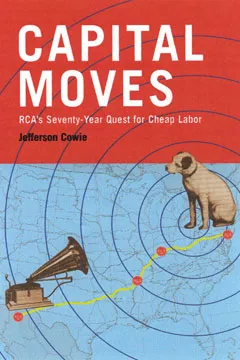
A significant issue in America is the vanishing of the industry from the American Heartland. Captial Moves by Jefferson Cowie examines this trend both on the personal and transnational scale.
Captial Moves examines how the quest for a cheap and stable labor source led RCA to move its plants between states and eventually countries. The book investigates both the reasons why RCA left a town and how that move affected that town. Cowie uses these case studies to ponder the larger movement of industry out of the US.
7. German Rocketeers in the Heart of Dixie

One of the more contentious aspects of the American Space Program was its use of German Scientists in the 1950s and 1960s. German Rocketeers in the Heart of Dixie by Monique Laney examines how these scientists acclimated to Huntsville, Alabama.
German Rocketeers in the Heart of Dixie examines how the white inhabitants of Huntsville began to adore their new German neighbors. It also discusses how Huntsville's Jewish and Black communities responded to Germans' arrival. Laney uses these accounts to reveal a complex intersection of the "Space Race" and the Civil Rights Movement.
8. Cold War Civil Rights
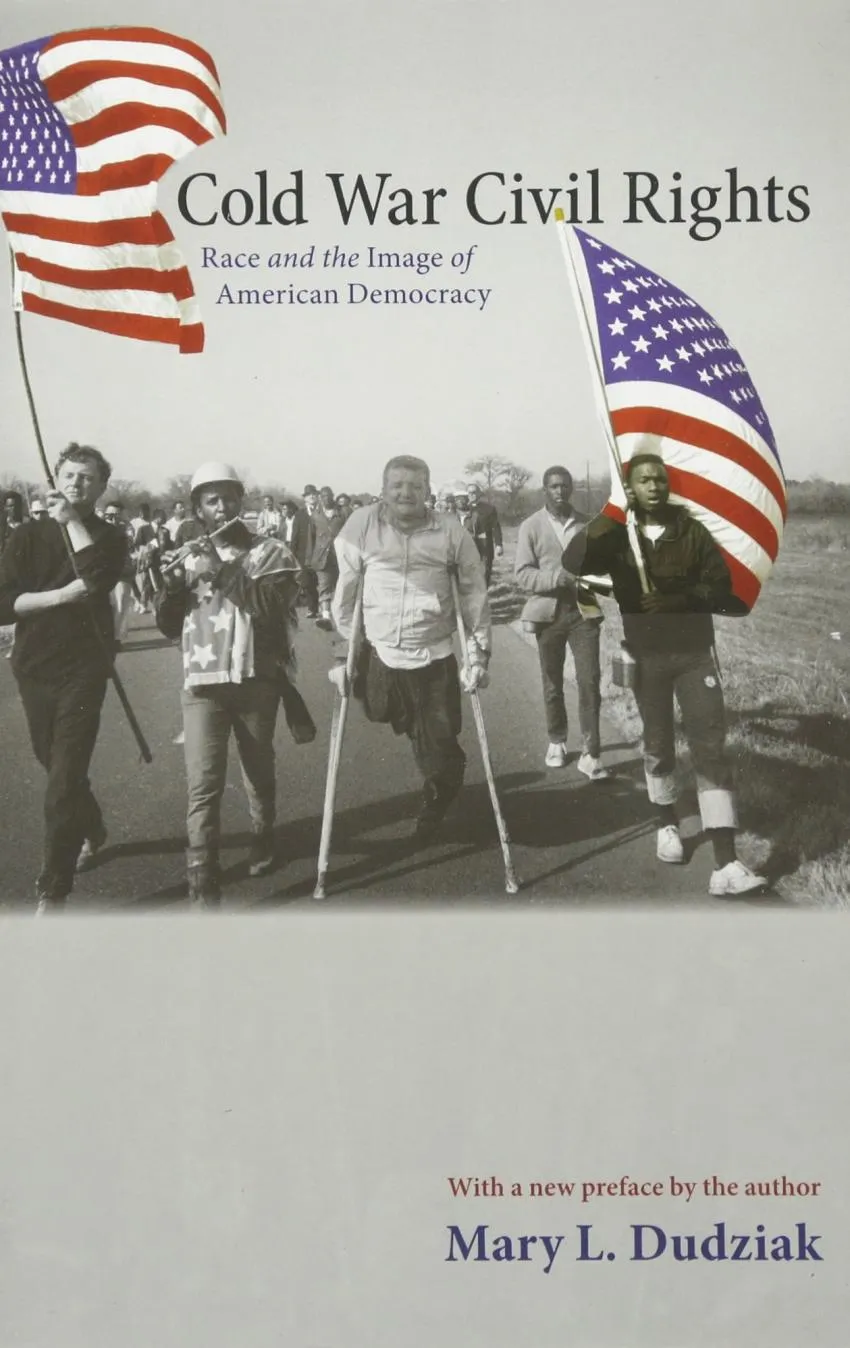
Last year's racial-fueled unrests had led many people to look towards the Civil Rights Movement of the 1950s and 60s. Cold War Civil Rights by Mary Dudziak takes a more international approach towards her history of the movement.
Cold War Civil Rights examines how the US government's effort to polish its image abroad led to it supporting Civil Rights inspired reform. The book examines both international reactions to the racial incidents and the Civil Rights movement and how the US government justify its Civil rights movement inspired reform. Dudziak argues that the Cold War was a significant factor for why Civil Rights became a central issue for the US government in the 50s and 60s.
9. A People's Army
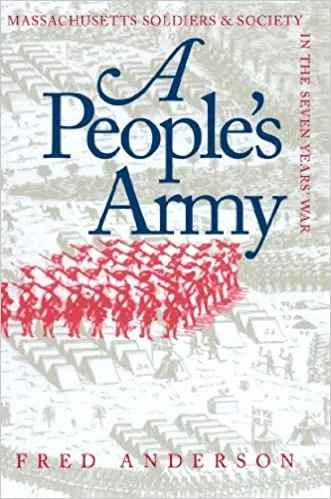
Most Americans are familiar with how the American Revolution occurred, but many don't know why some colonists decided to declare independence. A People's Army by Fred Anderson chooses an intriguing method to examine how this mindset developed.
A People's Army uses first-hand accounts of Masschuestian militiamen to paint a picture of how they viewed their British allies during the Seven Year Wars. Anderson uses these accounts to paint a picture of how militiamen's negative impressions of the British help fueled the feelings that would lead to the American Revolution.
10. Twice the Work of Free Labor
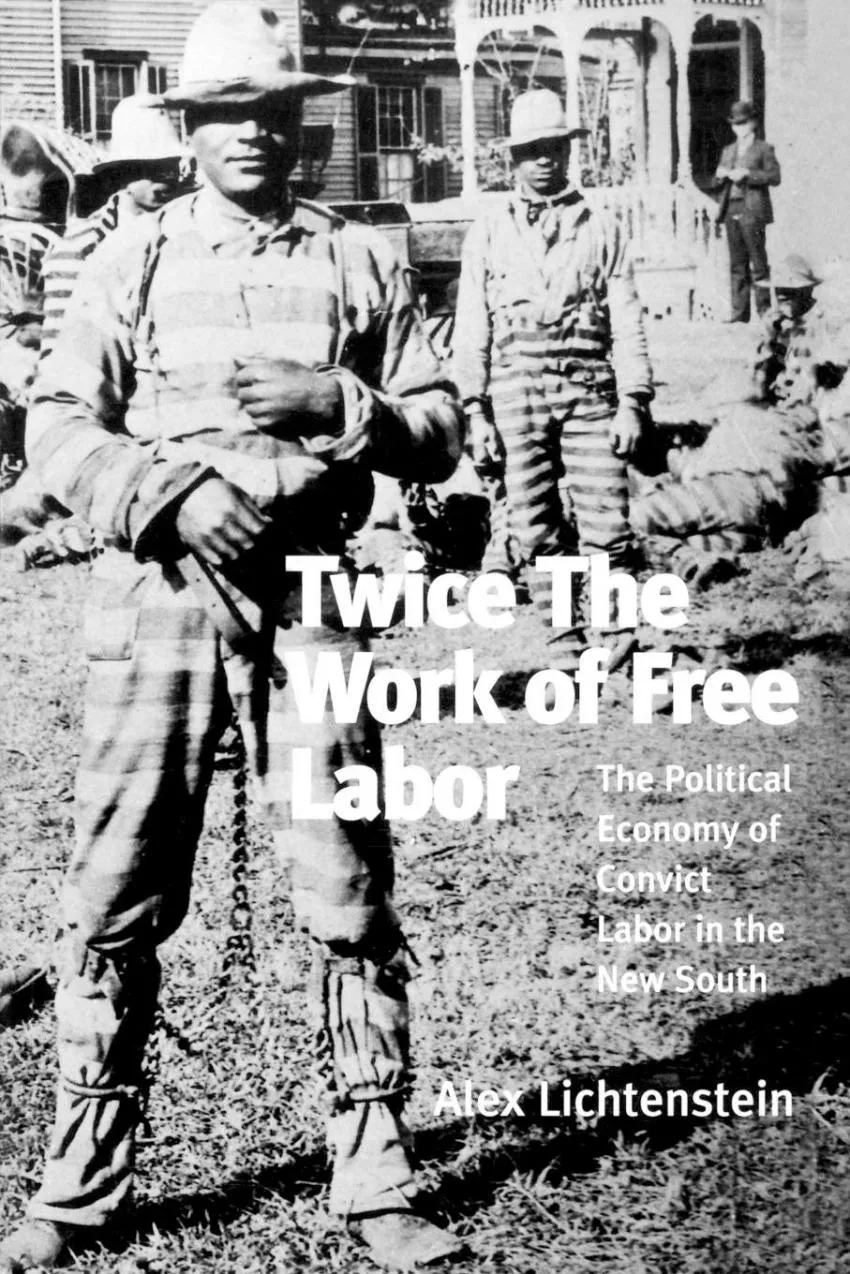
The issue of prisons profiting off prison labor has been a critical aspect of the debate over criminal justice reforms for the last couple of decades. Twice the Work of Free Labor by Alex Lichtenstein looks at the origins of this issue in the post-Civil War South.
Twice the Work of Free Labor examines two systems of prison labor in the South between the 1860s and the 1960s, the convict lease system and the chain gang. Lichtenstein examines the various factor that shaped these two systems in the South and how they fueled the South's economic recovery from the Civil War. He concludes that these systems were fueled not by racist southern wanting to restore some of the antebellum racial order but those seeking a cheap labor source to make the South an industrial powerhouse.
Conclusion
While these ten books do not paint a complete picture of American history, These ten books instead provide a starting point for understanding it. From obscure 17th century maritime revolts to the southern chain gangs, these books expand one understanding of American history beyond that provided in school.
These ten books will not only open your eyes to the complexity of American history but even gain you a bit of insight into what is going with present America. Something quite needed in today's world.
Opinions and Perspectives
I'm grateful for historians who dig deeper to uncover these lesser-known aspects of our past.
Each of these books adds an important piece to understanding our complex history.
After reading these books, I realize how oversimplified our usual understanding of American history is.
A People's Army shows how personal experiences shaped major historical events.
These books together paint such a different picture than what we typically learn about American history.
Capital Moves really explains the long-term effects of chasing cheaper labor.
Many-Headed Hydra's exploration of early resistance movements is groundbreaking.
Sexual Revolution makes me question a lot of assumptions about early American society.
The accounts in German Rocketeers of Huntsville's transformation are fascinating.
Cold War Civil Rights shows how domestic and foreign policy have always been intertwined.
American Lucifers changed how I think about the relationship between technological progress and social justice.
Twice the Work of Free Labor's insights into the economic motivations behind prison labor are crucial for understanding today's system.
Reading Frontier Country helped me understand why state boundaries were such contentious issues.
The environmental aspects of Ditch of Dreams feel very relevant to current climate change discussions.
A People's Army's use of first-hand accounts really brings the pre-revolutionary period to life.
The economic analysis in Capital Moves helps explain so many current issues with globalization.
Many-Headed Hydra shows that resistance to oppression has always been part of American history.
German Rocketeers really highlights the moral compromises made during the Space Race.
After reading Sexual Revolution, I can't help but think how much our views of history are colored by Victorian era sensibilities.
The connections between civil rights and cold war politics in Cold War Civil Rights are eye-opening.
I didn't expect a book about a Florida canal to be so engaging, but Ditch of Dreams really delivers.
American Lucifers makes me think differently about the human cost of technological progress.
The themes in Twice the Work of Free Labor are unfortunately still relevant to current prison reform discussions.
Reading Frontier Country made me realize how much internal conflict existed in colonial America.
Many-Headed Hydra's perspective on resistance movements is refreshingly different from traditional historical narratives.
Capital Moves feels like it could have been written about today's global economy.
The analysis in Cold War Civil Rights of international influence on domestic policy is brilliant.
A People's Army really helps explain why colonists became so disillusioned with British rule.
Ditch of Dreams shows how infrastructure projects can reveal so much about political and social changes.
Sexual Revolution challenged everything I thought I knew about colonial American society.
I'm halfway through German Rocketeers and the complexities of post-war integration are mind-boggling.
The discussions of maritime resistance in Many-Headed Hydra remind me of modern labor movements.
American Lucifers reveals how technological progress often came at a human cost. Something we're still grappling with today.
Reading Cold War Civil Rights helped me understand why civil rights progress seemed to slow after the Cold War ended.
These books make me realize how much was left out of my high school history classes.
I found Frontier Country's analysis of Pennsylvania's transformation from pacifist to revolutionary fascinating.
The personal accounts in A People's Army really bring the pre-revolutionary period to life.
Capital Moves should be required reading for anyone interested in understanding why American manufacturing declined.
Twice the Work of Free Labor made me rethink my assumptions about the motivations behind southern prison labor systems.
The research in Many-Headed Hydra about maritime revolts and resistance is incredible. Really changes how I view that era.
Having read Ditch of Dreams, I'm amazed at how environmental concerns finally stopped the canal project. Shows how priorities changed over time.
I think Sexual Revolution in Colonial America might be a bit sensationalized. Can colonial writings really tell us that much about their actual behavior?
Looking at these books, it's clear that labor rights and economic justice have always been central to American history.
Does anyone else find it ironic that Huntsville welcomed German scientists while maintaining segregation? The German Rocketeers book really highlights that contradiction.
The Cold War Civil Rights book helped me understand why the government finally started supporting civil rights reforms. International pressure played a huge role.
These books really show how complex American history is. It's not just about presidents and wars.
Reading American Lucifers made me realize how something as simple as lighting had such deep connections to social inequality and exploitation.
I love how Many-Headed Hydra shows that the fight for equality didn't start with famous figures but with ordinary people like sailors and servants.
Frontier Country makes me wonder how much the border disputes between colonies influenced the later structure of our federal system.
The prison labor discussion in Twice the Work of Free Labor remains relevant today. Some things haven't changed as much as we'd like to think.
Just started A People's Army. The perspective of Massachusetts militiamen during the Seven Years War offers fascinating insights into pre-revolution mindsets.
I appreciate how these books explore lesser-known aspects of American history. The story about Florida's canal attempts in Ditch of Dreams is something I never knew about.
Capital Moves feels especially relevant today with all the discussions about outsourcing and manufacturing jobs leaving America.
I disagree with the second comment. Understanding the challenging parts of our history is crucial for building a better future.
The German Rocketeers book caught my attention. The intersection between space race and civil rights movement in Huntsville must have been quite complex.
To the person asking about Sexual Revolution yes, I read it. It's surprising how open colonial Americans were about certain topics. Really challenges what we think we know.
Has anyone read Sexual Revolution in Colonial America? I'm curious if it really challenges the stereotypes we have about that era.
I'm particularly interested in Cold War Civil Rights. The international perspective on our civil rights movement isn't something we usually learn about in school.
American Lucifers sounds fascinating! Who knew the history of lighting could reveal so much about social inequality and industrial struggles?
These books seem to focus too much on the negative aspects of American history. We should also celebrate our achievements and progress.
I just finished reading Many-Headed Hydra and it completely changed my perspective on colonial America. The stories of sailors and slaves fighting for their rights long before 1776 were eye-opening.
